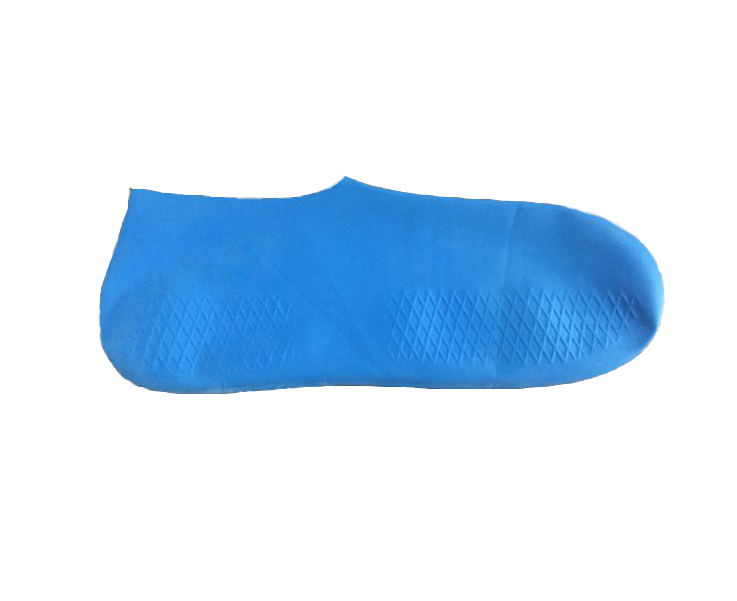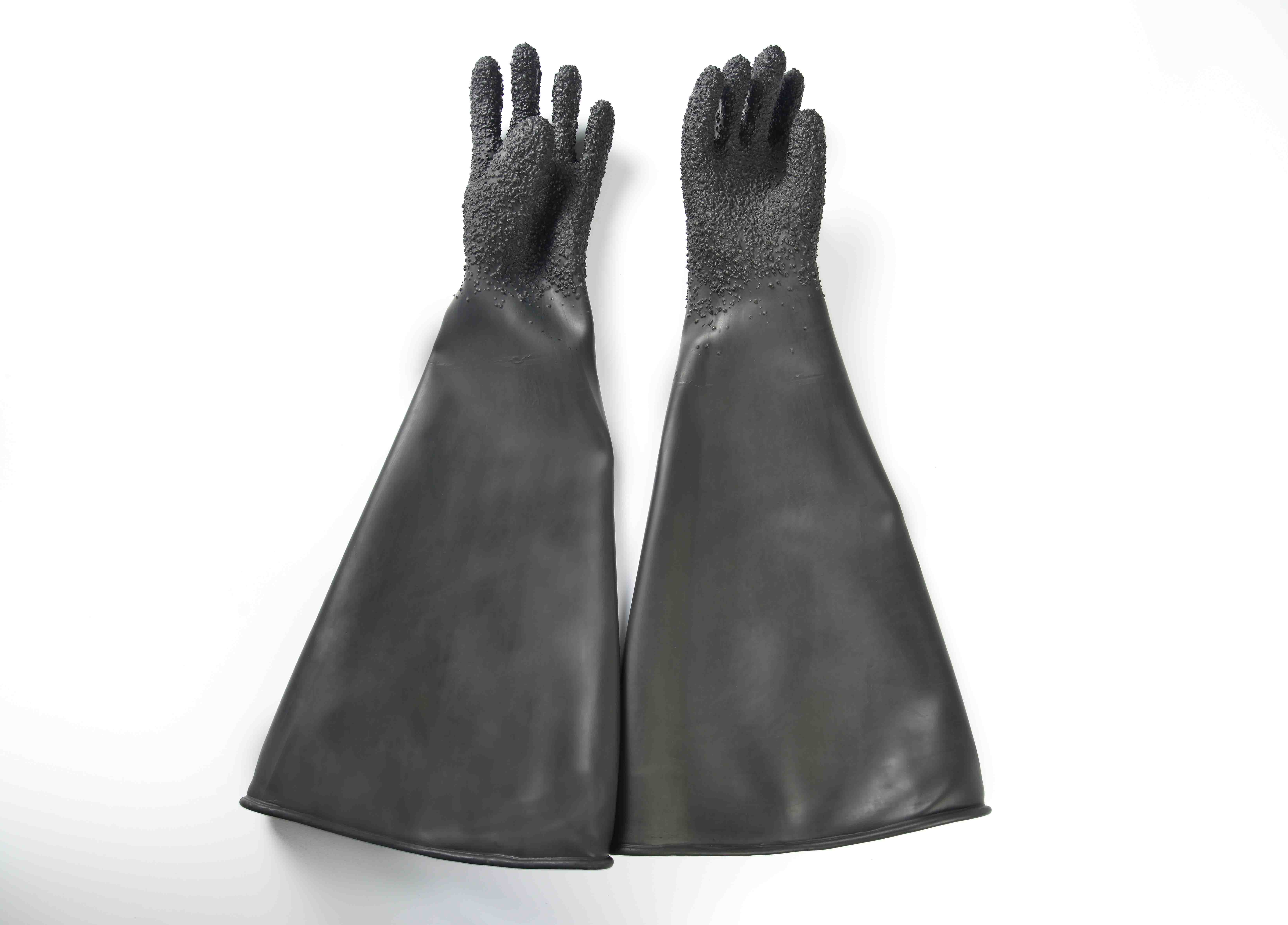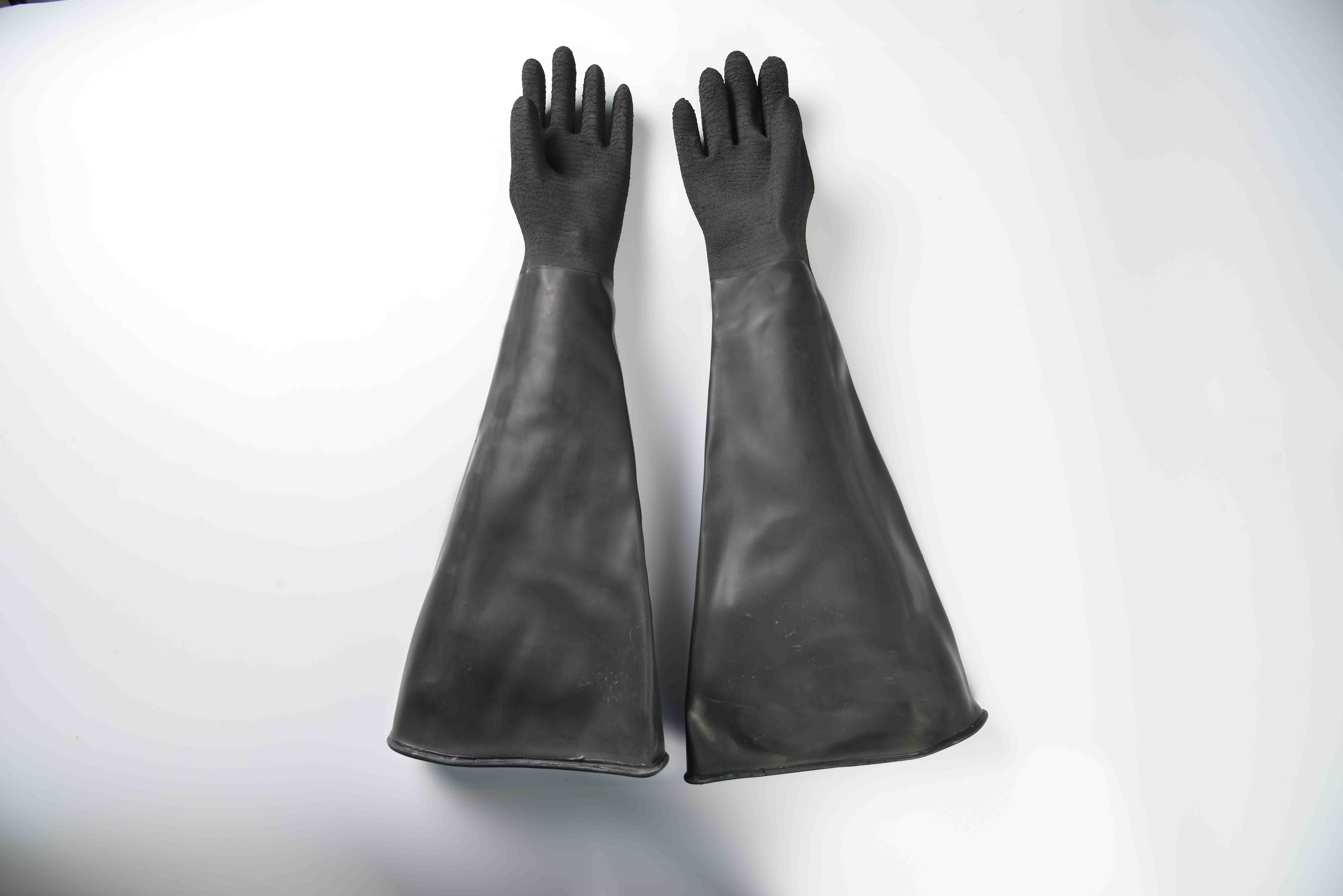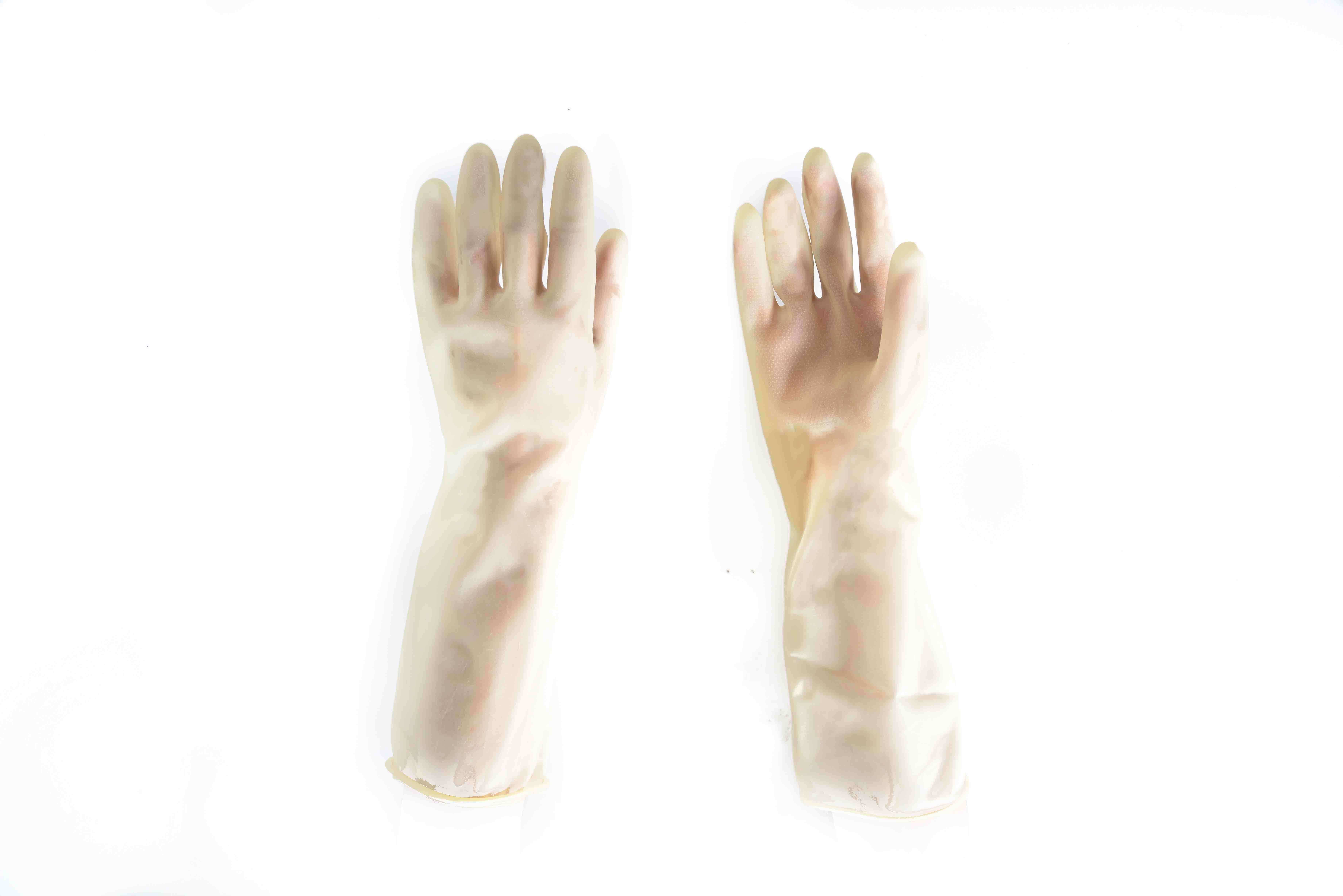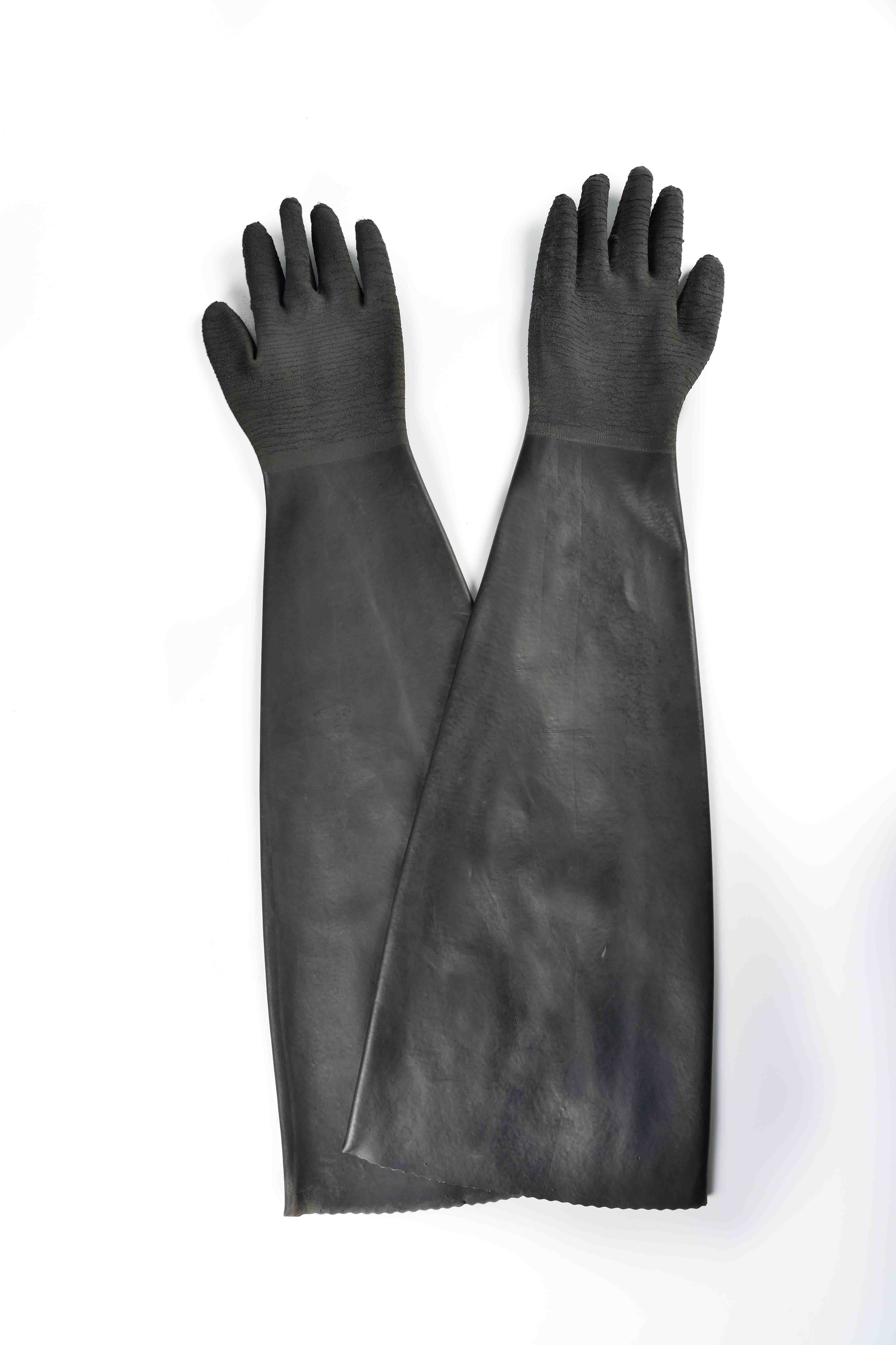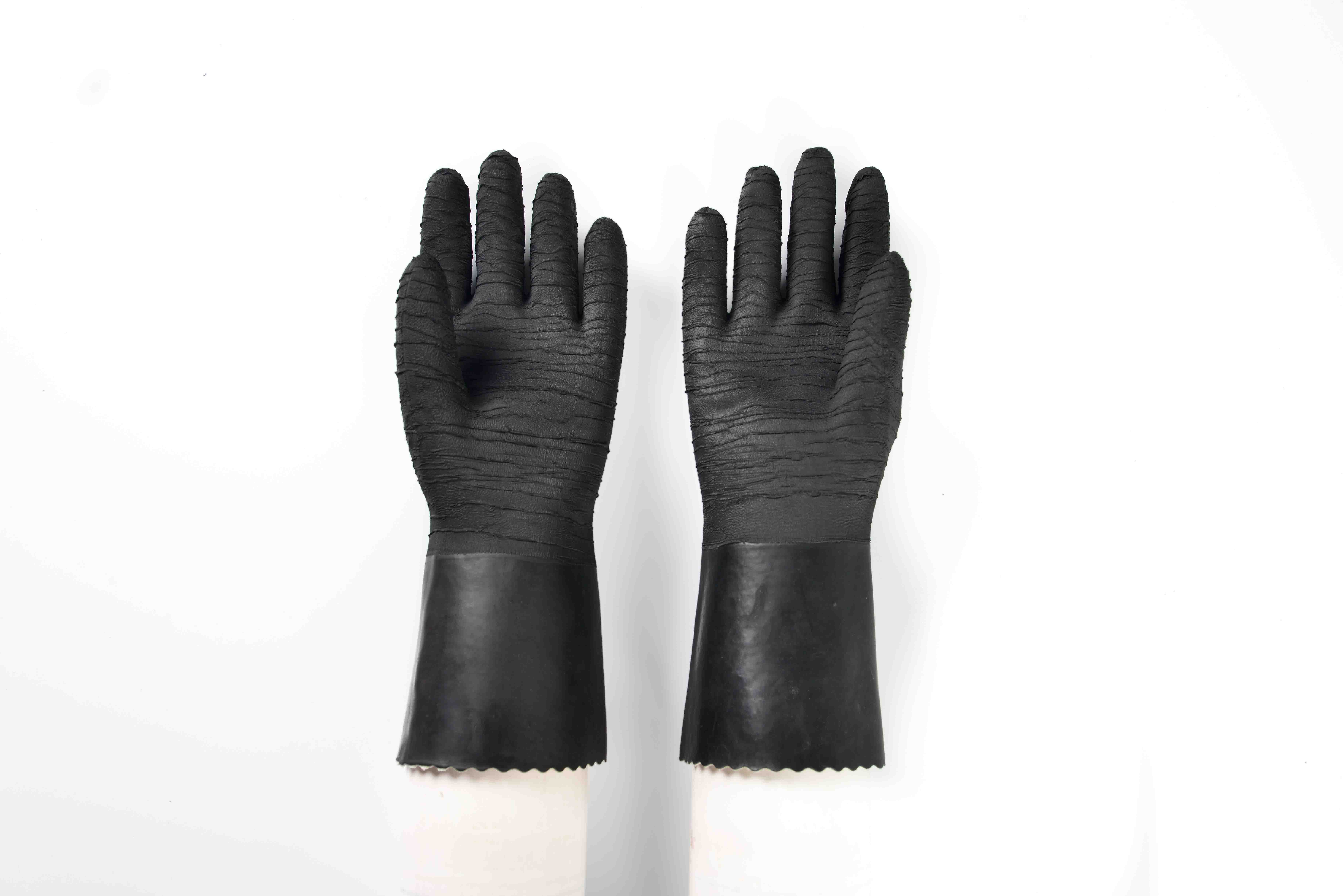High Efficiency Factory Rubber foot cover to Mecca Manufacturer
Short Description:
Rubber foot cover, made of 100% natural latex. Textured sole for slip resistance, water proof, good elasticity, good resistance against acid and alkali, non-toxic, No stimulating smell. They can be widely used for tourism, hotel, natatorium, swimming pool, natatorium, seaside, etc. There are totally 5 sizes. Different colors are available. Package: 600 pairs/case.
Product Detail
FAQ
Product Tags
In the past few years, our company absorbed and digested advanced technologies both at home and abroad. Meanwhile, our company staffs a team of experts devoted to the development of products. High Efficiency Factory Rubber foot cover to Mecca Manufacturer, Competitive price with high quality and satisfying service make us earned more customers.we wish to work with you and seek common development.
Rubber foot cover, made of 100% natural latex.
Textured sole for slip resistance, water proof, good elasticity, good resistance against acid and alkali, non-toxic, No stimulating smell.
They can be widely used for tourism, hotel, natatorium, swimming pool, natatorium, seaside, etc. There are totally 5 sizes.
Different colors are available. Package: 600 pairs/case.
FAQ Content
Vintage Playtex Green Household Gloves ASMR

